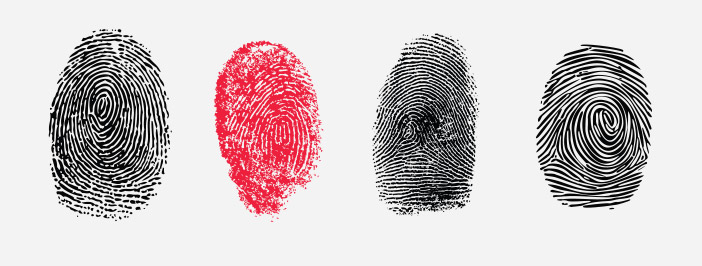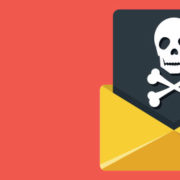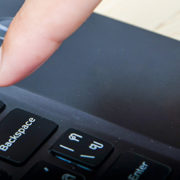5 quick tips to help you create strong passwords
Passwords are important. Everyone gets that. But, unfortunately, not everyone is doing what they should be doing to create strong passwords — which means private conversations are read, data is taken, and identities are stolen. None of which is entirely pleasant.
So in the spirit of not encountering a less-than-ideal online circumstance, here are five quick tips to help you create better passwords.
It’s nothing personal.
When it comes to passwords, do your best to keep things impersonal. Don’t use names, cities, or hobbies that people can easily find through social media or after a quick search on Google. In fact, passwords that relate to a football team, color, or pet name usually make it to the top 500 list of the most used passwords. In other words, stay away. Stay far away.
All the cool people use phrases.
Words are cool. But phrases are much cooler. And when building a password, it’s always a good idea to shoot for an easy-to-remember phrase. However, keep in mind that this doesn’t mean your phrase should be easy-to-remember for just any ol’ schmuck on the internet. It should simply be something YOU can realistically recall at a later time. For example, instead of PeanutButterAndJelly, go for something like PeanutButterIsSoJelly.
Those numbers look real good.
Most people won’t throw a number into a password unless they’re required to. And this is definitely a mistake. You should always add a set of numbers to all of your passwords. This addition will make your passwords that much harder to crack, hack, or guess. This being said, don’t always shoot for a “123” and don’t automatically attach these numbers to the beginning or end of a password. Something like PeanutButter479IsSoJelly is much stronger than PeanutButterIsSoJelly123.
Your character is of utmost importance.
On top of numbers, characters are a simple way to make any password considerably harder to crack, hack, or guess. The introduction of an exclamation point, dollar sign, or period can make a world of difference when it comes to the overall strength of a password.
Some stuff just isn’t recyclable.
If you recycle passwords, your right to use the internet should be revoked. Unfortunately, things don’t work that way … which means if you’re reusing passwords, you’ll simply be required to pay in other ways. More specifically, you’ll have to pay in the form of multiple hacked accounts. In other words, if someone figures out one of your passwords (and you’re reusing this password on multiple accounts), it won’t be long until that person hacks into your other accounts. Moral of the story? Use a unique password for each online account you have.
If you’d like more technology tips, tricks, and best-practices, then take a look at our other blog posts. From managed services and network security to cloud computing and workflow automation, we cover it all.















